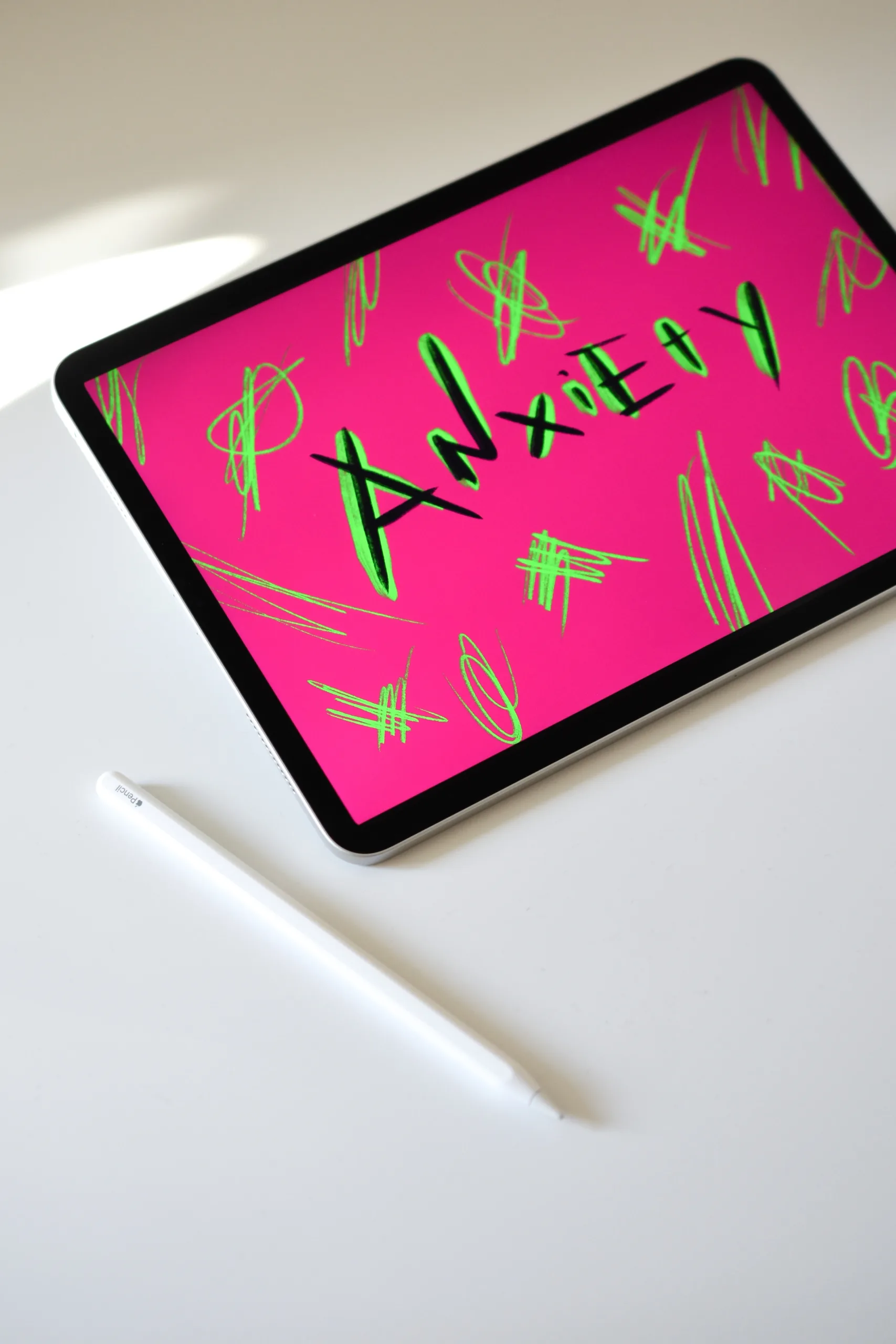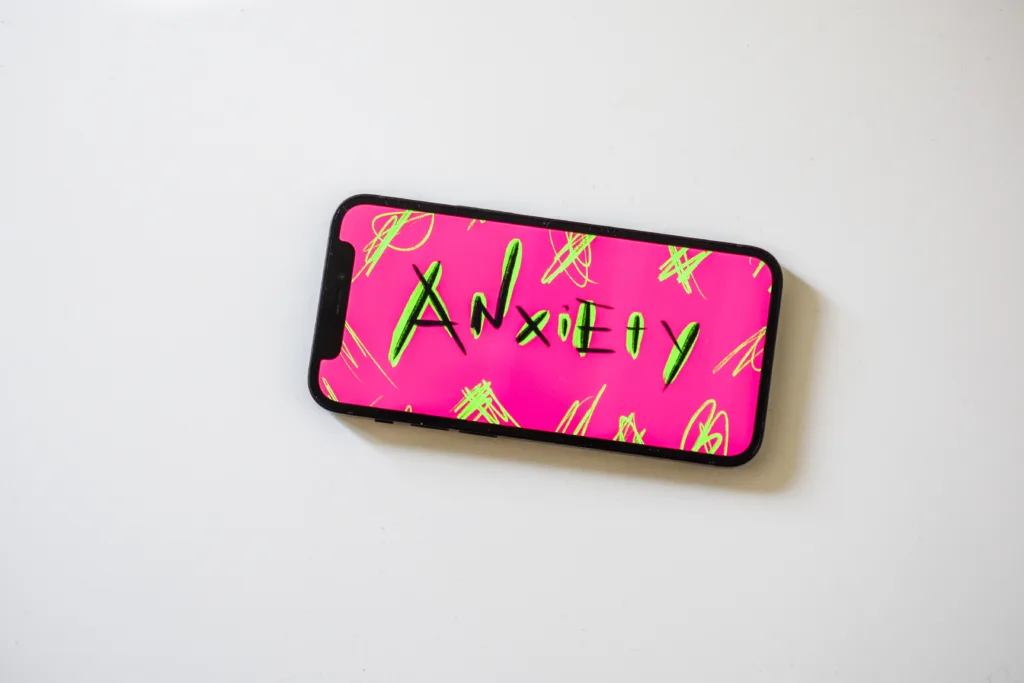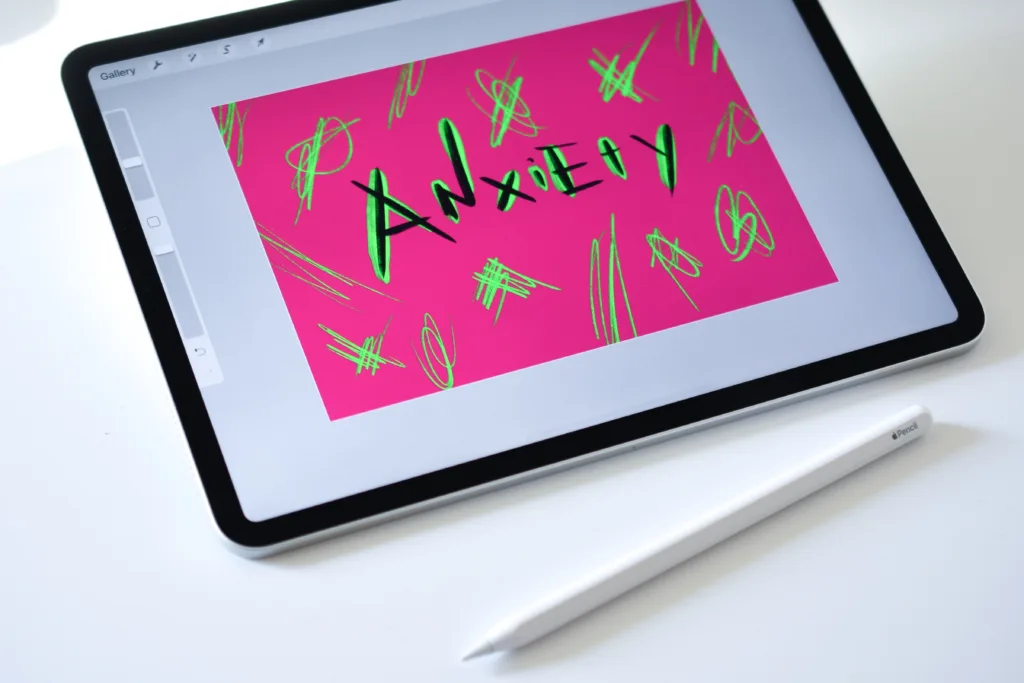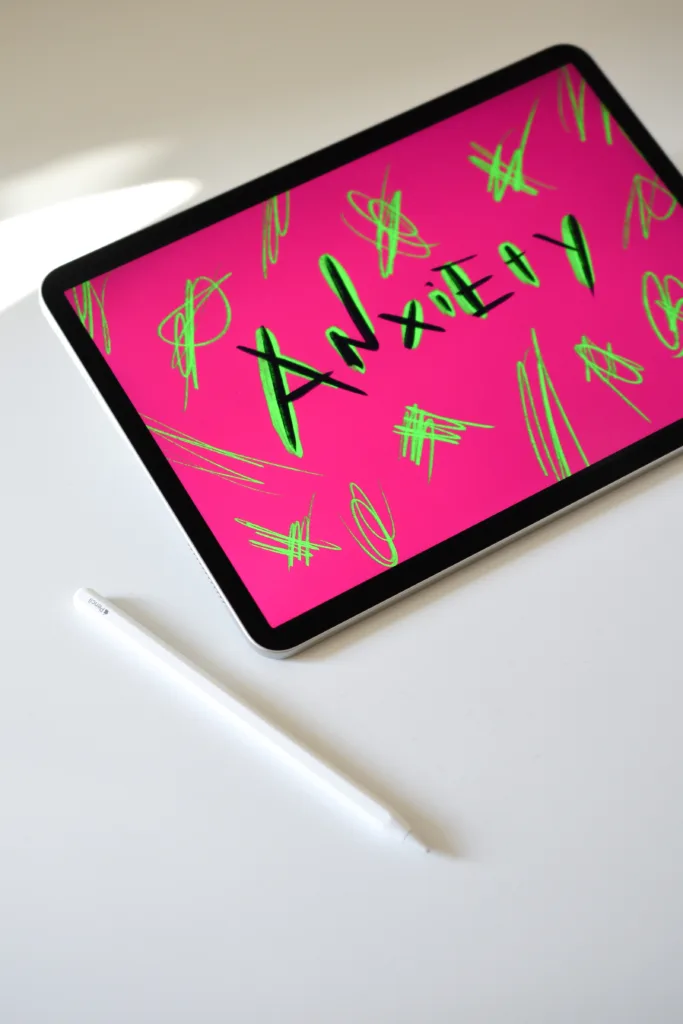
If you’ve ever wanted to find a natural and holistic approach to manage anxiety, then look no further than Reiki. With its origins in Japanese spiritual practice, Reiki is gaining popularity as a gentle and effective way to alleviate the symptoms of anxiety. By channeling positive energy through a practitioner’s hands, Reiki can help restore harmony and balance within your mind and body. Discover how this ancient healing practice can bring you peace and tranquility in your daily life.
Understanding Reiki
Definition of Reiki
Reiki is a holistic healing practice that originated in Japan. The word “Reiki” can be translated as “universal life energy,” and it refers to both the energy itself and the technique used to channel and balance this energy. Reiki is based on the belief that there is a life force energy flowing within every living being, and when this energy is disrupted or blocked, it can lead to physical, emotional, and mental imbalances.
History of Reiki
Reiki was developed by Mikao Usui, a Japanese Buddhist monk, in the early 20th century. Usui sought a way to heal others and achieve spiritual enlightenment. Through meditation and deep introspection, he discovered the practice of Reiki and formed the Usui Reiki Ryoho Gakkai, an organization dedicated to teaching and spreading the practice. Over time, Reiki has evolved and branched out into various forms and schools of thought.
Principles of Reiki
Reiki is guided by five principles, also known as the Five Reiki Principles or the Five Reiki Precepts. These principles serve as a moral code and a set of guidelines for living a balanced and harmonious life. They are:
- Just for today, I will not be angry.
- Just for today, I will not worry.
- Just for today, I will be grateful.
- Just for today, I will do my work honestly.
- Just for today, I will be kind to every living thing.
The principles provide a roadmap for emotional well-being, encouraging individuals to cultivate positive thoughts, practice mindfulness, and treat others with compassion.
Anxiety: Causes and Symptoms
Causes of Anxiety
Anxiety can have various causes, and it can differ from person to person. Common causes of anxiety include:
- Genetics: Some individuals may be more genetically prone to developing anxiety disorders.
- Brain Chemistry: Imbalances in certain neurotransmitters, such as serotonin and dopamine, can contribute to the development of anxiety.
- Environmental Factors: Traumatic experiences, stressful events, or a high-pressure lifestyle can trigger anxiety.
- Medical Conditions: Certain medical conditions, such as heart disease or thyroid problems, can lead to anxiety symptoms.
It is important to note that anxiety is a complex condition, and its causes are not always easily identifiable. It often involves a combination of factors, including both biological and environmental influences.
Symptoms of Anxiety
Anxiety can manifest through a variety of physical, cognitive, and emotional symptoms. These symptoms may vary from person to person but can include:
- Physical Symptoms: Rapid heartbeat, shortness of breath, muscle tension, headaches, shaking, sweating, and digestive issues.
- Cognitive Symptoms: Excessive worrying, racing thoughts, difficulty concentrating, restlessness, and intrusive thoughts.
- Emotional Symptoms: Feelings of fear, uneasiness, irritability, a sense of impending doom, and trouble sleeping.
It’s worth noting that experiencing occasional anxiety is a normal part of life, but when the intensity and frequency of anxiety symptoms significantly impact daily functioning, it may be an anxiety disorder that warrants professional help.

Understanding Anxiety Treatment
Conventional Treatments for Anxiety
Conventional treatments for anxiety typically involve a combination of psychotherapy, medication, and lifestyle modifications. Psychotherapy, such as cognitive-behavioral therapy (CBT) and exposure therapy, helps individuals identify and challenge negative thought patterns and develop coping strategies. Medications, such as selective serotonin reuptake inhibitors (SSRIs) or benzodiazepines, may be prescribed to alleviate symptoms. Additionally, lifestyle modifications like regular exercise, sufficient sleep, and stress-reducing techniques can contribute to anxiety management.
Complementary and Alternative Treatments for Anxiety
Complementary and alternative treatments are non-mainstream approaches that can be used alongside conventional treatments to support anxiety management. These treatments aim to address the whole person and promote a sense of well-being. Some examples of complementary and alternative treatments for anxiety include:
- Herbal supplements such as chamomile or lavender.
- Mindfulness practices like meditation or yoga.
- Physical therapies like acupuncture or massage.
- Energy healing practices like Reiki.
While the scientific evidence for some of these treatments may be limited, many individuals find them beneficial as part of their comprehensive anxiety treatment approach.
What is Reiki?
Overview of Reiki
Reiki is a gentle and non-invasive healing practice that aims to balance and restore the body’s energy system. It is based on the concept of channeling universal life force energy through the hands of a trained Reiki practitioner into the recipient’s body. The energy is believed to flow through specific pathways within the body, promoting relaxation, stress reduction, and overall well-being.
Reiki as an Alternative Therapy
Reiki falls under the category of alternative therapies, which refers to practices outside the realm of conventional medicine. As an alternative therapy, Reiki focuses on the body’s energy system rather than directly treating specific symptoms or ailments. It recognizes the interconnectedness of physical, mental, emotional, and spiritual aspects and aims to restore balance within these areas.
Reiki as an Energy Healing Technique
Reiki is often classified as an energy healing technique due to its focus on manipulating and re-balancing energy flows. It is believed that disruptions or imbalances in energy can lead to physical, emotional, and mental distress. By directing the universal life force energy to areas of imbalance, Reiki practitioners aim to facilitate healing, release blockages, and promote self-healing within the recipient.

How Reiki Works
Flow of Energy in Reiki
In Reiki, it is believed that energy flows through the body along specific pathways called meridians or chakras. When energy becomes stagnant or blocked, it can lead to physical, emotional, or mental imbalances. During a Reiki session, the practitioner directs the universal life force energy into the recipient’s body, helping to clear any blockages and restore the natural flow of energy. This process is believed to promote relaxation, reduce stress, and support the body’s natural healing abilities.
The Role of Reiki Practitioners
Reiki practitioners act as conduits for the universal life force energy. They have undergone training and attunements to enhance their ability to channel and work with this energy. During a Reiki session, the practitioner places their hands on or near the recipient’s body, allowing the energy to flow through them and into the recipient. They may also use specific hand positions or symbols to direct the energy and address particular areas of concern.
The Connection Between Energy and Anxiety
According to Reiki philosophy, disruptions or imbalances in the body’s energy can contribute to the development of anxiety. By addressing these imbalances and promoting the flow of healing energy, Reiki aims to alleviate anxiety symptoms and restore a sense of balance and well-being. While the scientific understanding of energy and its impact on anxiety may vary, many individuals report feeling a sense of calmness, relaxation, and reduced anxiety after Reiki sessions.
Reiki Treatment for Anxiety
Reiki Sessions for Anxiety Relief
Reiki sessions for anxiety typically involve the recipient lying down fully clothed while the practitioner places their hands on or near various parts of the body. The session is conducted in a calm and soothing environment, aiming to create a safe space for relaxation. As the practitioner channels the universal life force energy, it can help release tension, reduce stress, and promote a sense of calmness, which may alleviate anxiety symptoms.
The Use of Reiki Symbols and Hand Positions
Reiki practitioners may use symbols and specific hand positions during a session to enhance the flow of energy and address areas of concern. Symbols are visual representations that practitioners can visualize or draw to amplify the energy. Hand positions involve placing the hands on specific parts of the body or in the aura, targeting specific energy centers or chakras. These techniques are used to direct and focus the energy, allowing for a targeted approach to anxiety relief.
Long-Distance Reiki for Anxiety
In addition to in-person sessions, Reiki can also be performed remotely, known as long-distance Reiki. During a remote session, the Reiki practitioner channels the energy to the recipient from a distance. The recipient can be anywhere in the world, and the energy is believed to transcend physical limitations. Long-distance Reiki can be a convenient option for individuals who are unable to attend in-person sessions but still wish to benefit from the healing properties of Reiki for anxiety relief.

Scientific Research on Reiki for Anxiety
Studies Exploring the Efficacy of Reiki for Anxiety
While scientific research on Reiki is still emerging, some studies have explored its potential benefits for anxiety. A pilot study published in the Journal of Alternative and Complementary Medicine found that participants who received Reiki experienced a significant reduction in anxiety levels compared to a control group. Another study published in Explore: The Journal of Science and Healing found that Reiki helped reduce stress and anxiety symptoms in patients undergoing chemotherapy.
Challenges in Studying Reiki
Studying Reiki presents several challenges. One of the main challenges is the difficulty in designing double-blind studies due to the nature of Reiki as a hands-on healing practice. Additionally, the individualized nature of Reiki treatments can make it challenging to replicate the same experience for every participant. Despite these challenges, researchers continue to explore Reiki’s potential benefits and its role in anxiety management.
The Placebo Effect and Reiki
The placebo effect refers to the phenomenon where a person experiences improvements in symptoms solely due to their belief in receiving a treatment, regardless of the treatment’s actual efficacy. Some skeptics argue that the reported benefits of Reiki could be attributed to the placebo effect. However, proponents of Reiki believe that even if the placebo effect plays a role, the holistic and nurturing aspects of Reiki can still contribute to improved well-being and anxiety relief.
Anecdotal Evidence and Personal Experiences
Testimonials and Personal Stories
Many individuals have reported positive experiences with Reiki for anxiety relief. Testimonials often highlight feelings of deep relaxation, reduced anxiety, and an overall sense of well-being. Reiki recipients describe sensations of warmth, gentle energy flowing, and a release of tension during sessions. While anecdotal evidence does not substitute scientific research, personal stories offer insights into the potential benefits and subjective experiences of Reiki in anxiety management.
The Subjective Nature of Experiences
It’s essential to recognize that experiences with Reiki, much like any therapeutic intervention, can vary from person to person. Every individual’s response to Reiki is unique, and what helps one person may not have the same effect on another. The subjective nature of experiences with Reiki underscores the importance of finding the right approach that resonates with each individual’s needs and preferences.
Potential Benefits of Reiki for Anxiety
Relaxation and Stress Reduction
One of the primary benefits often associated with Reiki is deep relaxation and stress reduction. The gentle touch and the flow of healing energy during a Reiki session can induce a state of calmness, easing the symptoms of anxiety. By promoting relaxation, Reiki may help individuals manage stress more effectively and cultivate a sense of inner peace.
Balancing Energy Flows
Reiki aims to restore the natural flow of energy within the body, addressing any blockages or imbalances. By balancing the energy flows, Reiki may help alleviate symptoms associated with anxiety and contribute to overall well-being. When energy flows smoothly, individuals may experience increased mental clarity, emotional stability, and a heightened sense of inner balance.
Enhancing Overall Well-being
Reiki is often described as a holistic practice that addresses the physical, emotional, mental, and spiritual aspects of an individual. By encompassing all these facets, Reiki has the potential to enhance overall well-being. When individuals feel balanced and aligned on different levels, it can positively impact their ability to manage anxiety and navigate life’s challenges.
Empowerment and Self-care
Reiki can also empower individuals to take an active role in their well-being journey. By receiving Reiki sessions, individuals may cultivate a sense of self-care and self-awareness. The practice of Reiki encourages individuals to become more attuned to their own energy and needs, providing a space for self-reflection, self-care, and personal growth.
Conclusion
In conclusion, Reiki offers a unique perspective on anxiety treatment, focusing on the energy system of the body and the holistic nature of well-being. While scientific research on Reiki’s efficacy for anxiety is still evolving, many individuals find it to be a beneficial complementary or alternative therapy. Reiki’s aim to restore balance, promote relaxation, and enhance overall well-being aligns with the goals of anxiety management. Whether through in-person sessions or long-distance treatments, Reiki provides individuals with an opportunity to explore a gentle and nurturing approach to anxiety relief. As with any treatment, it is essential to consult with healthcare professionals and find an approach that resonates with your individual needs and preferences.










